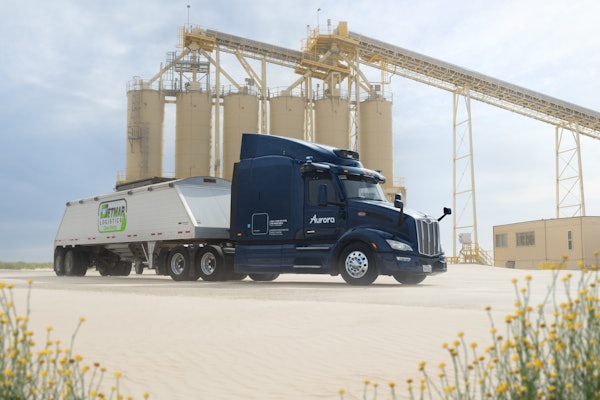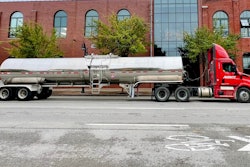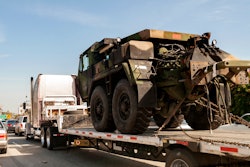More than half the respondents in AAA’s “Pockets of Pain” survey released Dec. 5 favor tolls to raise money for the nation’s transportation system. In its report named for the most congested areas, the American Automobile Association said that 52 percent of the 2,394 respondents would support funding through some form of toll, rather than the use of general purpose revenue.
The most popular toll option, chosen by 39 percent of respondents, was to add tolls only to new roads and highway lanes. In contrast, only 21 percent favor increasing the gas tax, only 19 percent favor a new tax based on the number of miles a person drives, and only 15 percent support increasing non-fuel taxes such as sales, income and property taxes, AAA reported.
The AAA report coincided with a Transportation Finance Summit in Washington, D.C., sponsored by the International Bridge, Tunnel and Turnpike Association, which represents toll operators. Speakers at that event agreed that state and local governments are increasingly turning to toll roads as the existing infrastructure erodes and as federal highway funding steadily dwindles. “Using market-based forces like tolling is a crucial way to help drive investment toward critically needed projects,” said Patrick D. Jones, executive director of IBTTA.
Because of the overburdened federal budget, it is unrealistic for state and local governments to expect major new federal funding for infrastructure projects, said Steve Cohen, a senior analyst with the U.S. Government Accountability Office. If current trends continue, Cohen said, by the year 2030 the federal government will have only enough revenue to pay for Social Security, Medicare, Medicaid and interest on the national debt – with no federal money available for anything else, including defense and transportation.
The surge in tolling can be traced to policies enacted by Congress in 1992 in the Intermodal Surface Transportation Efficiency Act, said transportation consultant Steve Lockwood. Since then, 738 new miles of toll roads have been opened compared to about 1,170 miles of new non-toll roads, meaning 39 percent of new miles since 1992 have been tolled, Lockwood said. In addition, 3,035 additional miles of toll roads are in the planning stages, Lockwood said.






